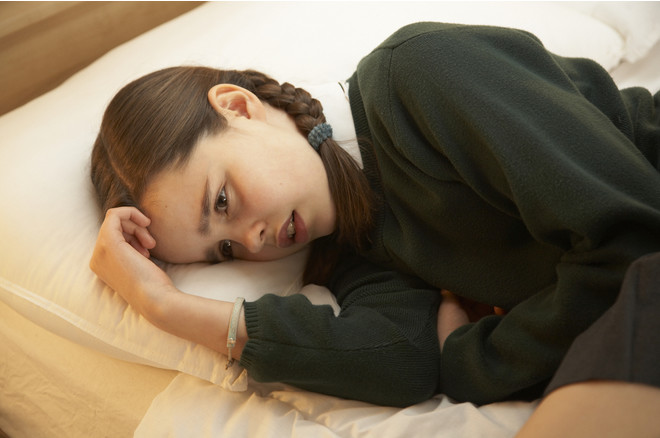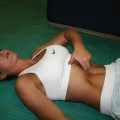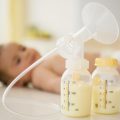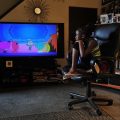Types of biliary dyskinesia in children and its attendant symptoms
The main role of bile in the digestive process- this is the breakdown of fats, which improves their absorption by the intestinal walls. Stimulation of peristalsis to move the contents of the intestine is also an important function, which is ensured by the timely release of bile. Dyskinesia of the biliary tract in children can develop due to improper nutrition Photo: Getty Pathologies of the outflow and release of bile are divided into three types, and each has its own symptoms:
Dyskinesia of the biliary tract in children can develop due to improper nutrition Photo: Getty Pathologies of the outflow and release of bile are divided into three types, and each has its own symptoms:
- Hyperkinetic dyskinesia -is characterized by increased tone of the gallbladder and excretory ducts: bile is released frequently and quickly. The child develops frequent, loose stools and a bitter taste in the mouth, he feels sick, and has no appetite.
- Hypokinetic form - bilethe ducts are relaxed, the release of bile is slow and insufficient. Its symptoms include dull pain in the right hypochondrium, a feeling of distension, flatulence, and both constipation and diarrhea are possible. When palpated, the liver is enlarged and painful.
- The mixed form combines the features of the hyperkinetic and hypokinetic forms. In this case, the pain is paroxysmal, and palpation reveals tenderness.
If these symptoms are detected, the child must be taken to a medical facility for examination and diagnosis.
Treatment of biliary dyskinesia in children
The basis of treatment of biliary dyskinesiaThe way is to adjust the child's diet. Patients are prescribed diet table No. 5, which helps improve digestion and liver function. Along with the diet, drug treatment is used, which depends on the form of dyskinesia. Patients with hypokinetic dyskinesia often suffer from nervous system disorders, and they are recommended to take stimulating neurotropic drugs. In turn, patients with the hyperkinetic form are prescribed drugs that have a sedative effect. It is equally important to create a positive emotional environment and completely eliminate the occurrence of stressful situations. In no case is it recommended to independently diagnose and self-medicate. Timely and correct treatment will prevent the development of pathology in the child and raise him healthy and happy.









